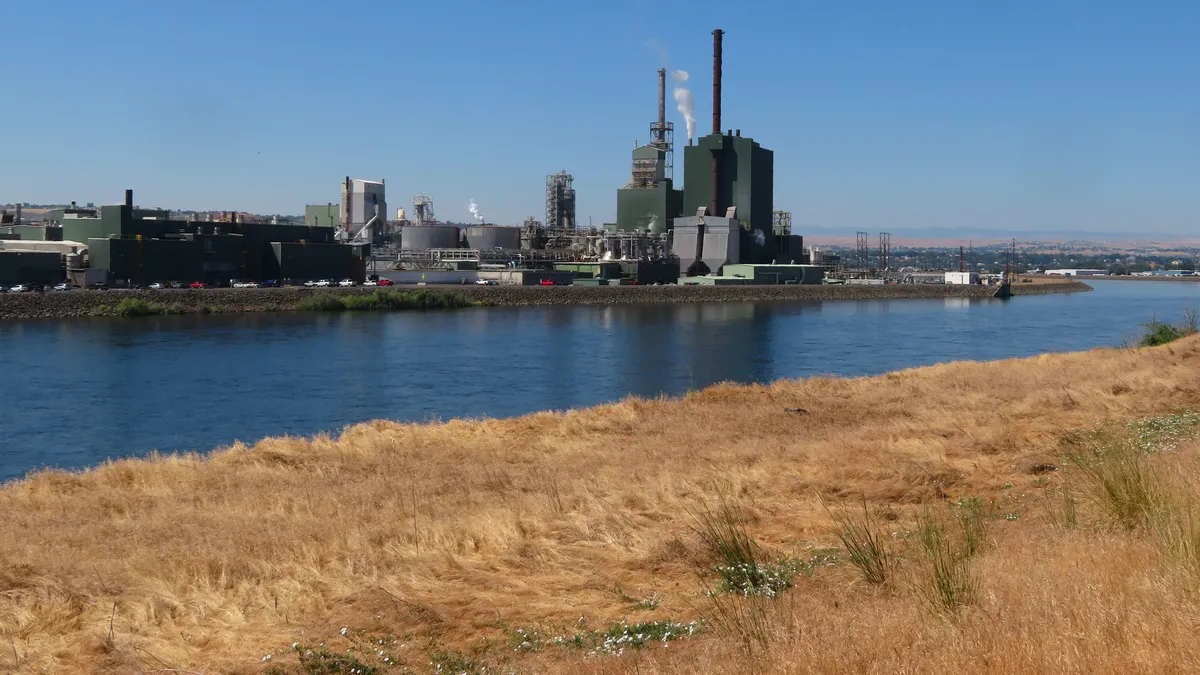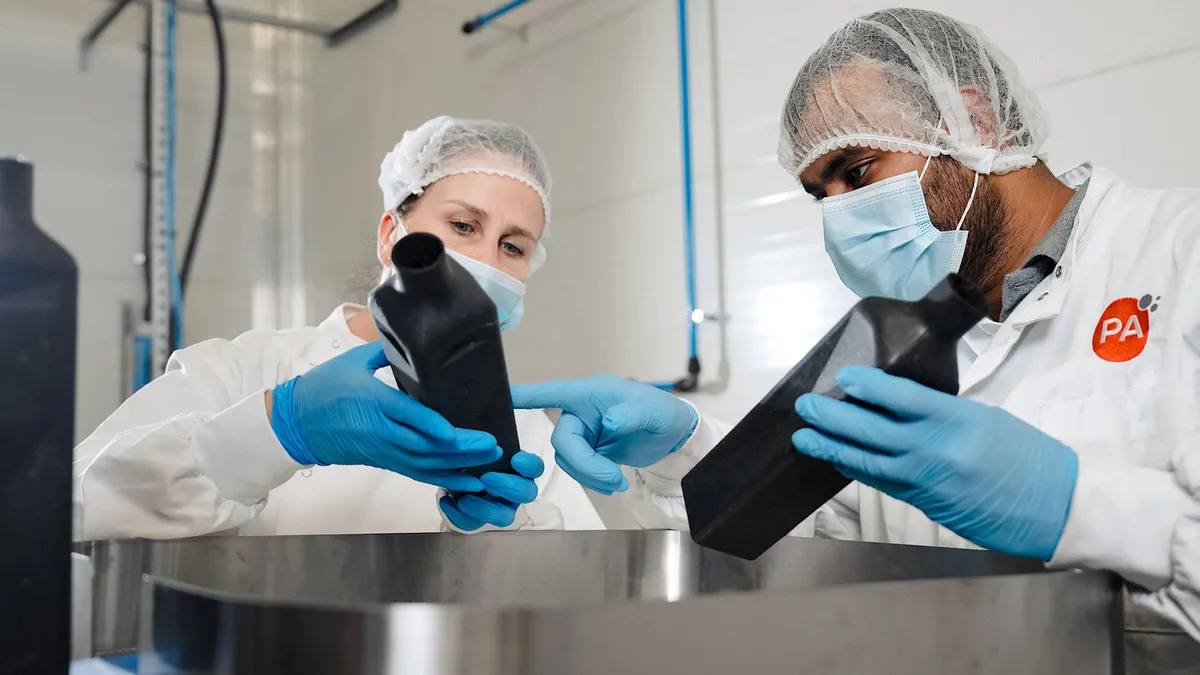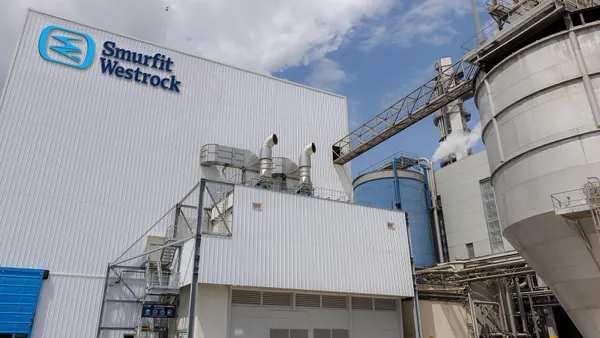- Year of change: 2024 was a “transformational year” for Clearwater Paper, including the sale of its tissue business to Sofidel for $1.06 billion to focus on supplying North American converters with paperboard packaging products, said executives on the company’s Feb. 13 earnings call. A significant portion of the sale proceeds went toward paying down debt, said CFO Sherri Baker.
- Acquisition effects: Also in 2024, Clearwater acquired Graphic Packaging International’s bleached paperboard mill in Augusta, Georgia, which increased its paperboard capacity by about 70%, said CEO Arsen Kitch. Hurricane Helene damaged that mill, and weeks later the facility underwent a planned maintenance outage. “These events created a very challenging operating environment, which led to higher costs and operational disruptions,” but the mill was “back on track” by year’s end, Kitch said.
- Cost-cutting measures: Clearwater Paper is taking various actions to cut costs by $30 million to $40 million in 2025. This includes reducing fixed costs and cutting more than 200 salaried and hourly roles in January to shrink its workforce by 10%, Kitch said. A small amount of savings from these actions is expected to emerge in Q1, Baker said. The savings will ramp up through the year, with the bulk expected to occur in the second half, she said.
- Investments: Clearwater expects capital expenditures of $80 million to $90 million in 2025, which includes $70 million to $80 million on annual maintenance. The company is exploring ways to broaden its product offerings in the near term, especially those that feature sustainability attributes like designs that are lighter weight, compostable and contain more recycled content. “We expect that they will require modest capital investments,” Kitch said. The company also is engaged in market studies and engineering efforts to examine the possibility of diversifying its paperboard portfolio by adding new substrates, such as beverage carrier grades, white top or recycled board; those investments would be larger and longer-term, requiring 24 to 36 months to execute.
- Tariffs: Kitch said the potential impact of tariffs that President Donald Trump announced — and reciprocal tariffs from other countries — is difficult to predict at the moment because the situation is dynamic. However, Clearwater does purchase some inputs, such as chemicals and pulp, from suppliers in Canada, Kitch said. Clearwater is primarily a domestic supplier but exports some products to both Canada and Mexico. Tariffs could affect the global flow of paper, Kitch said. If Clearwater is affected by tariffs, it will pass down the costs to customers, he added.
- Outlook: Demand is expected to grow by 3% to 5% this year and return to pre-COVID levels, Kitch said. While difficult to predict, the company expects fewer weather-related hits in 2025 than 2024, he said. Executives anticipate synergies from the Augusta mill sale to contribute $140 million to $150 million of annual adjusted earnings before interest, taxes, depreciation and amortization. A boost should occur from the company recently signing a major long-term supply agreement with an unspecified customer for products from Augusta, Kitch said, and that mill’s volumes are projected to ramp up over the next several years.

Clearwater Paper eliminates 200 positions as part of cost-cutting plan
The positions represent 10% of the company’s workforce. In 2025, Clearwater will work to broaden its product portfolio and improve operational performance, executives said on an earnings call.














